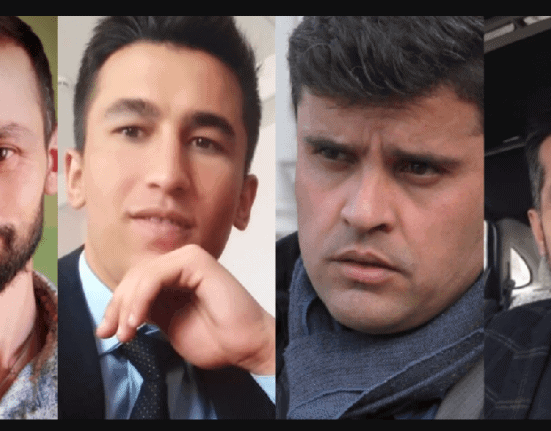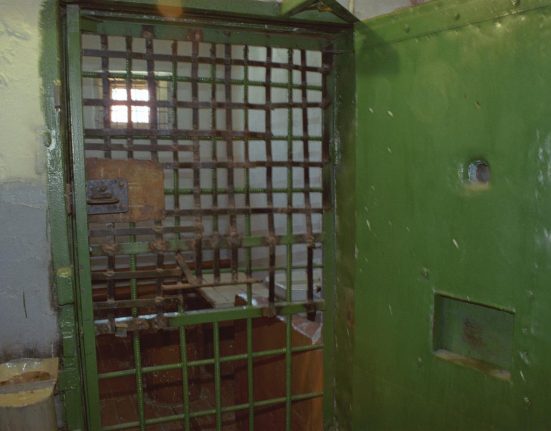The Foundation “Justice for Journalists” (JFJ, UK) published the report on the results of monitoring of attacks and harassment of journalists, media professionals, freelancers and bloggers. The mission of the organization is to fight against unpunished attacks on the media.
The study identified and analyzed over 140 cases of attacks/threats against professional and civilian media workers, editorial offices of traditional and online publications in Uzbekistan in 2021. The data for the study were collected by content analysis using open sources in Uzbek, Russian and English. The report also used unpublished facts obtained by the method of expert interviews.
In preparing the report, not all known information was used. The monitoring was difficult due to the fact that posts on social networks were actively moderated or deleted. In addition, during the reporting period, it emerged that several online media, which served as sources of information about attacks on media workers, removed the relevant materials. Some cases were not included due to the reluctance of journalists/bloggers to publicize incidents related to their public activities.
Attacks using legal and/or economic mechanisms remain the main method of pressure on media workers in Uzbekistan. There were 96 in total.
The number of non-physical and/or cyber attacks and threats decreased from 46 in 2020 to 30 in 2021.
The number of physical attacks on media workers (12) remained almost at the same level. In 80% of cases, attacks came from government officials. At the same time, the main target of such attacks were journalists/bloggers who criticized state or commercial structures.
In 2020, 89 out of 129 incidents were attacks by government officials; in 2021 government officials initiated 114 attacks. There has been a significant increase in the number of attacks using legal and/or economic mechanisms (from 71 to 98 cases).
In the Annual press freedom index of the Reporters Without Borders for 2021, Uzbekistan ranked 157th out of 180 (in 2020 – 156th). The compilers of the rating note that state propaganda prevails in the country, real opposition is prohibited, ‘the authorities control the media, as well as a number of bloggers closely associated with the government’.
“Problems with freedom of speech don’t allow the authorities at the international level to present the country as a new showcase of democratic reforms in the era of President Mirziyoyev,” the ACCA expert notes. “They have to balance by simulating helping the work of independent media and keeping the media sphere under tight control.”
Concern about the rights of the writing fraternity is now being replaced by legislative initiatives. This was confirmed by a recent briefing by the Constitutional Commission, which proposed amending Article 67 of the Constitution.
The Basic Law is going to be supplemented with words about liability for interference in the activities of journalists and the media.
The media Kun.uz clarifies that although some laws mention the protection of journalists in case of pressure and threats, there is no punishment for this in the Criminal Code and the Code of Administrative Liability.
With a boring enumeration of imitations of legislative initiatives, the media subjected the Uzbek government’s attempts to promote freedom of speech to covert sarcasm. Earlier, ACCA wrote about regular interference in the editorial policy of Kun.uz and forcing the removal of materials by employees of the State Security Service.
The cases of bloggers Otabek Sattoriy (sentenced to 6.5 years) and Miraziz Bazarov (restriction of freedom for a period of 3 years, starting from the moment of house arrest) became examples of criminal prosecution for beliefs and a principled position.
The JFJ report mentioned attacks on Effect.uz employees, which ACCA wrote about. In June 2021, the journalist of the online media Elyorbek Tadzhibaev had to circulate an appeal to colleagues: “I call on all of you to be vigilant. Don’t let this happen to you. Freedom of speech in Uzbekistan is dead.”






